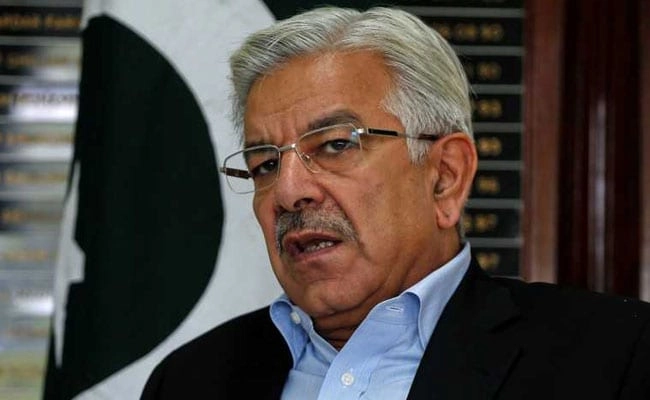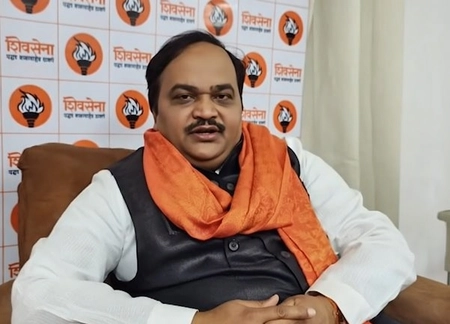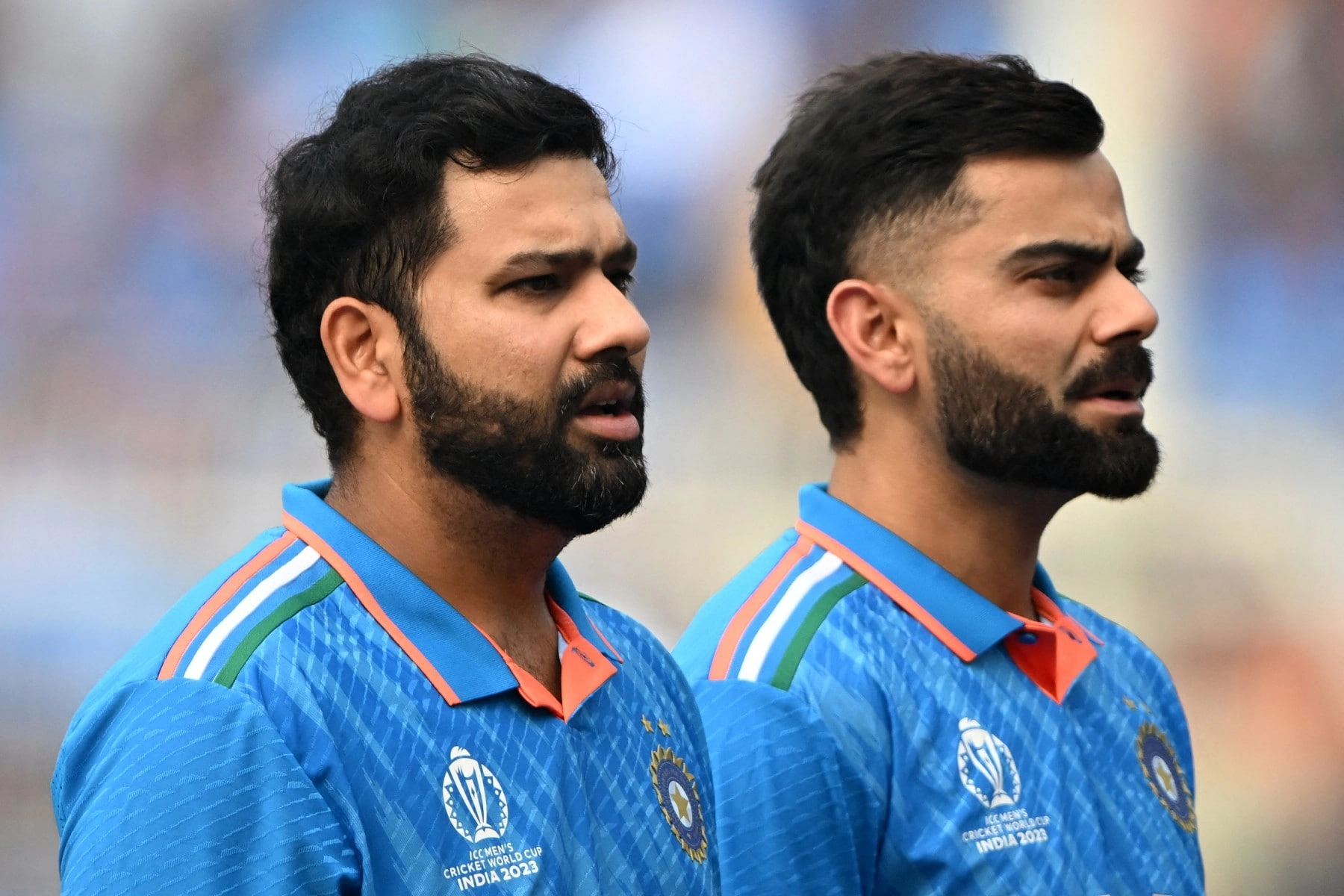In a recent segment, CNN anchor conducted a fact-check on statements made by Pakistan’s Defense Minister Khawaja Asif regarding Operation Sindoor. This operation, which has garnered significant attention, involves a series of military actions and strategies aimed at addressing security concerns within the region. Asif’s claims suggested a level of success and operational effectiveness that warranted scrutiny. The CNN anchor meticulously dissected these assertions, highlighting the importance of verifying information, especially when it pertains to sensitive military operations.
The dialogue between the anchor and Khawaja Asif underscores the critical role of media in holding public officials accountable. In an era where misinformation can spread rapidly, the responsibility of journalists to fact-check statements made by leaders is more important than ever. The anchor pointed out discrepancies in Asif’s claims, providing context and evidence to support the fact-checking process. This interaction serves as a reminder of the necessity for transparency and accuracy in public discourse, particularly in matters of national security.
Furthermore, the fact-checking episode illustrates the broader implications of information warfare in contemporary society. As governments and organizations navigate complex narratives, the interplay between military actions and public perception becomes increasingly significant. The scrutiny of claims made by officials like Khawaja Asif not only informs the public but also contributes to the overall understanding of geopolitical dynamics in the region. This incident highlights the need for a vigilant media that can question and analyze the narratives presented by those in power, ensuring that citizens are equipped with reliable information to form their own opinions on crucial issues.




